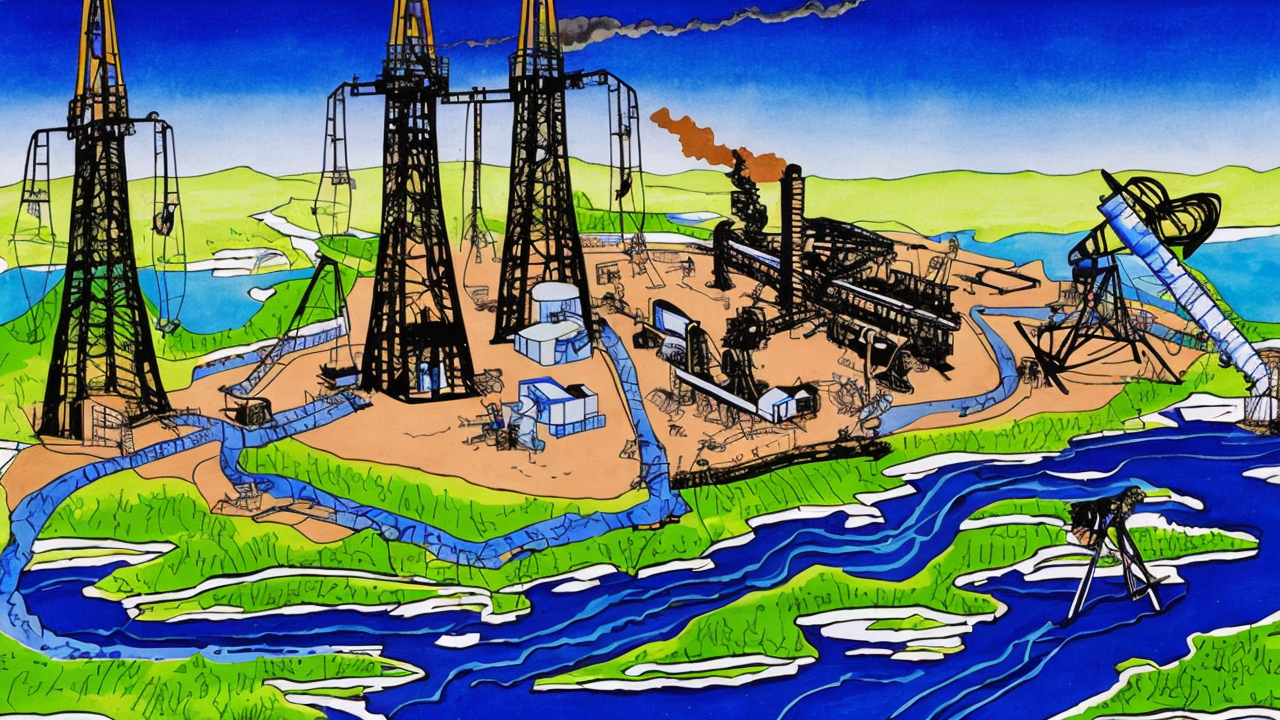EPA Aims to Expand Wastewater Reuse in Fracking Industry

The U.S. Environmental Protection Agency (EPA) is pushing to expand the reuse of wastewater generated by hydraulic fracturing, a move that could address disposal challenges and help alleviate drought conditions in key oil-producing states. The agency plans to update regulations to allow for the treatment and reuse of produced water, which is highly salty and contains chemicals, for applications such as industrial cooling, agriculture, and data centers. Proponents argue that advancing produced water reuse could reduce the industry's reliance on freshwater, ease drought pressures in Texas and New Mexico, and provide a cost-effective alternative to deep well injection, which has faced stricter regulations. However, critics warn that treatment technologies remain expensive and energy-intensive, and there are concerns about inadequate testing for pollutants, potentially leading to contamination risks. In Texas, new state laws are encouraging reuse by offering legal protections to companies, while in New Mexico, regulators recently banned the discharge of treated produced water into surface or groundwater, citing safety concerns. Despite these challenges, the EPA continues to explore ways to standardize treatment and reuse, with officials gathering feedback on potential regulations. As the debate over produced water reuse intensifies, stakeholders are weighing the benefits of innovation against the need for robust safeguards to protect public health and the environment.
Published: 6/27/2025
















